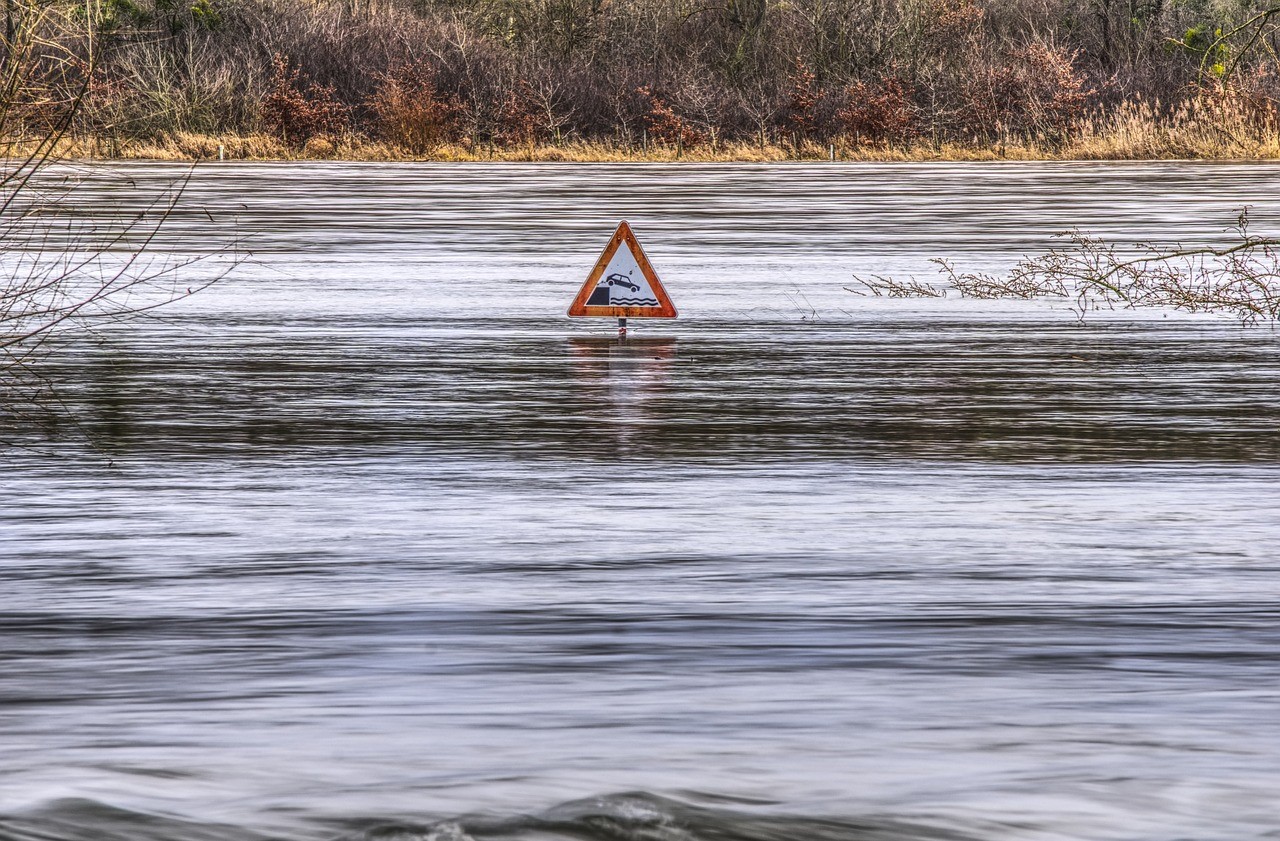Water Systems
Water systems across regional and urban scales are focal points of climate change impact because floods and droughts will become more frequent and more severe in the future, exacerbating pollution threats to water resources. Society must adapt to these changes. We provide new scientific insights and engineering solutions to understand impacts, support adaptation, and minimize environmental and human health impacts.

In order to support adaptation of water systems, new knowledge and technology is needed to
- Observe and predict hydrologic processes and contaminant flows over a range of temporal and spatial scales.
- Predict and simulate the impacts of extreme events as well as the effect of adaptation measures.
- Design optimal infrastructure investments, governance models and economic incentives.
- Optimize the operation of new and existing water infrastructure to minimize impacts to human health and to the natural water environment.
Our research focuses on:
- Developing new hydrometric monitoring technology based on satellite and drone-borne remote sensing.
- Developing socioeconomic analysis and hydroeconomic modeling tools for planning infrastructure in the water-energy-food nexus
- Identifying sustainable transition pathways to prevent flood risk, mitigate climate change impacts, decrease socio-technical vulnerabilities and adapt to climate hazards using structural and non-structural measures.
- Understanding of precipitation extremes and corresponding runoff responses at very high spatio-temporal resolution.
- Developing weather, flow and flood forecasting methods for use in warning and control systems.
- Digitalisation of water systems, including the development of digital twins and their implementation in the water sector.
- New modelling approaches to integrate observations and physical knowledge to improve understanding of hydrological processes and pollution transport and fate, fostering better understanding, design, implementation and operation of hybrid grey- green infrastructure (including Nature Based Solutions).
- Strategic and policy advice for governing the Sustainability Transition of Urban Water Systems based on qualitative and quantitative analyses of both social and technical aspects of change and their interrelation.
Our research outputs are used by the consulting industry, water utilities, the government, and other researchers. The outcomes are better early warning systems for floods and droughts, improved resilience against hydrologic extremes and more efficient, effective, and sustainable adaptation strategies for infrastructure and governance.
We collaborate with a broad range of national and international stakeholders (consulting engineers, water utility companies, sensor technology manufacturers, drone operators, satellite EO companies), with the government (national, regional and local levels) with international financing and governance institutions (UN, EU, Worldbank), NGOs (Natur fredningsforening, Danmarks Sportsfiskerforbund), interest organizations (Water Valley Denmark, DANVA, DI Vand) and international agencies for science and innovation (ESA, European Commission)
Contact
Roland Löwe Associate Professor, Head of Section Water Systems Phone: +45 45251694 Mobile: +45 93510713 rolo@dtu.dk